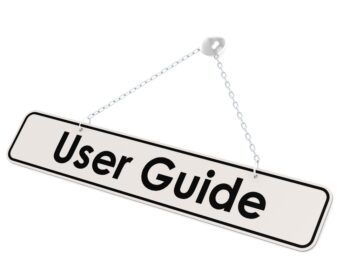
-
- When you are not sure the claim is legitimate – if you are still questioning in your own mind whether the claim is legitimate, or whether your company is “being taken for a ride”, hold off settling the claim until you are SURE. There’s nothing wrong with “going with” your gut instinct. This means you should do two things:
- – have your own medical advisor review the file and
- – do a thorough sub rosa investigation over an extended period of time (I don’t mean ONE day — I mean “extended”).
- When it sets a bad precedent in the workplace – If you have the type of workplace that one or two settlements could draw in a whole pack of other claims, then I would tend not to settle the claim. Your company may become known as “an easy mark.” You want to pay the exact benefits due, when they are due, so the employee receives what he/she is supposed to. Explain this policy in your Employee Brochure. If employees think the only way they can get their full benefits is to hire an attorney, they are much more likely to do that. When that’s how things transpired for other injured employees in your workplace, it sends the message that is the only way the employer will pay benefits to which employees are entitled.
Click Link to Access Free PDF Download
“8 ‘Think Outside the Box’ Tactics to Settle Workers’ Comp Claims”
- When the employee’s condition could still improve – The appropriate time to settle in cases that should be settled is after the employee has reached MMI (Maximum Medical Improvement). Only at this time will it be known how much the employee will be disabled, how much cost he will incur for future medical care, future lost wages, and other expenses such as home care.
- When the claim is being settled only because it’s a “nuisance,” – Your company will want to determine if they want to take a stance in “nuisance cases” and settle them for “nuisance value” (insignificant amounts) or “defense costs” to close the matter. Some companies do, some don’t. Although being in litigation is inconvenient at best and a nightmare at worst, that does not mean you want to settle every inconvenient claim.

Contact: mstack@reduceyourworkerscomp.com.
Workers’ Comp Roundup Blog: http://blog.reduceyourworkerscomp.com/
Injury Management Results (IMR) Software: https://imrsoftware.com/
©2024 Amaxx LLC. All rights reserved under International Copyright Law.
Do not use this information without independent verification. All state laws vary. You should consult with your insurance broker, attorney, or qualified professional.















